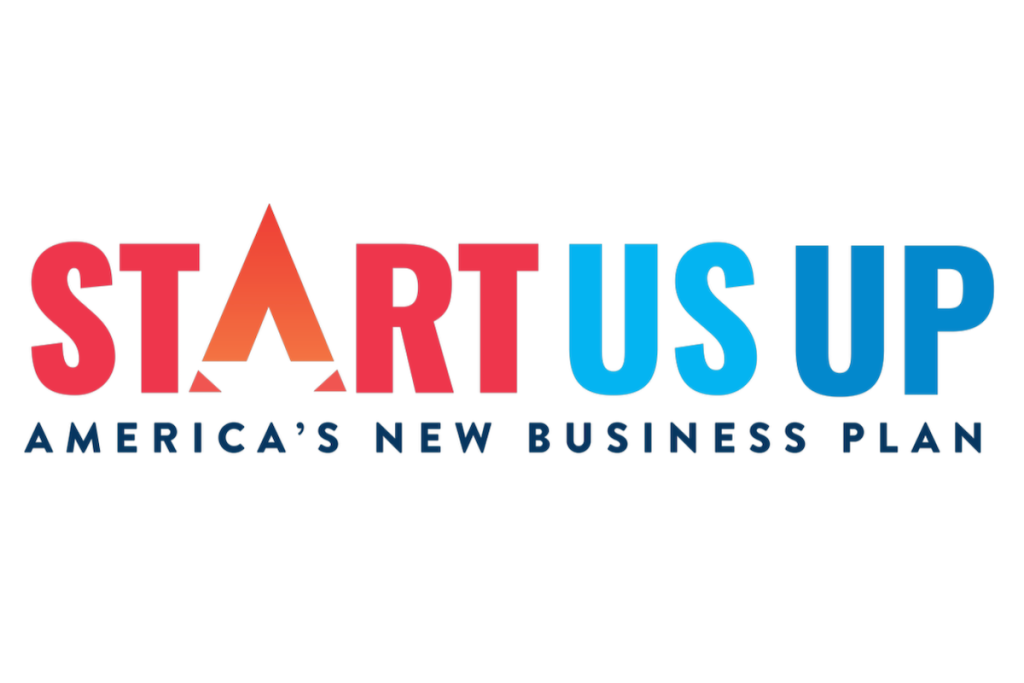For more than 20 years, the South Carolina Small Business Chamber of Commerce (SCSBCC) has promoted entrepreneurs’ general interests to governments at the state, local, and even the federal levels.
Frank Knapp, the group’s president, CEO and co-founder, has led his chamber’s efforts. As the “voice for the economic success of South Carolina small business,” Knapp works tirelessly to advance the best interests of small businesses from health insurance and access to funding, to workforce and economic development, technology, and more.
We recently spoke with Knapp to discuss his ANBP-aligned priorities for the new year, challenges he faced in 2021, and his views on the broader entrepreneurial landscape.
Access to Opportunity
Broadband internet is a transformative resource that levels the playing field and enables small businesses to connect with customers both locally and around the world. The disparity in access can be enormous, and the pandemic further exposed how dependent communities and local economies are on quality, high-speed broadband access.
“Rural and underserved communities are at a particular disadvantage,” Knapp says. “We have been and will continue to support efforts to bring broadband to these communities across South Carolina.”
Going forward, he says, affordable access to broadband is critical for all entrepreneurs — enabling them to innovate, take advantage of markets, and find opportunities to grow.
Access to Funding
As of late, Knapp has been focusing on the need for capital access for entrepreneurs and microbusinesses in underserved and rural communities that are not typically able to obtain Small Business Administration (SBA) guaranteed loans. He’s also leading an organization called Reform the SBA, which is striving to expand the SBA’s mission, authority, and resources in greater support of all small business needs.
“One of our recommendations is for the SBA to make small, direct loans in underserved communities, and specifically to female entrepreneurs and entrepreneurs of color,” Knapp says.
Knapp is also working to leverage a portion of the financial support the state of South Carolina received from the American Rescue Plan Act of 2021, which could have a “generational impact,” he says. “We’re recommending that the state develop a plan to find the gaps in our ecosystem for small businesses in our underserved communities, make a roadmap for what we need to do, and use some of this funding to get us there.”
Access to Knowledge
Knapp says a key element of his work has been — and will continue to be — educating small business owners about the changing and growing resources available to them. The Chamber of Commerce is currently working under the federal Affordable Care Act Navigator Grant program, which facilitates awareness of and enrollment in the federal Health Insurance Marketplace. He says the role of his organization is to educate small business owners about how new rules are making individual health insurance policies in the Marketplace much more affordable for the owner and employees, enabling entrepreneurs to start a business, and connecting interested owners with navigators for assistance.
“We have been promoting our message on radio and TV stations, and to all trade associations and local chambers of commerce, as well as all our membership and contacts,” he says. “Since the open enrollment period for the Marketplace is now closed, our message has changed to letting small business owners know that there are many qualifying life events that allow an individual to still get a subsidized Marketplace plan. We’ll either hook them up with a navigator or send them information.”
Access to Support
When it comes to healthcare specifically, the fragmented health insurance environment means many entrepreneurs simply aren’t aware of their options — or they find their options to be way too expensive. As a result, some people simply are going without insurance, and given the ongoing pandemic, access to affordable healthcare has never been more critical.
Would-be entrepreneurs need access to the same benefits as those who maintain more traditional, 9-to-5 jobs. That’s why Knapp has been working to expand access to Medicaid and awareness of the Affordable Care Act to help small business owners obtain health care coverage.
“To put it simply, everybody’s got to have some form of health insurance,” Knapp says. “It’s the only way to have a healthy workforce. That keeps the costs down for people who are paying for health insurance, because people who don’t have health insurance are getting their care through the emergency room, with the cost then being passed on to everybody with health insurance. Since the open enrollment period for the Marketplace is now closed, our message has changed to letting small business owners know that there are many qualifying life events that allow an individual to still get a subsidized Marketplace plan.”
Working to support small businesses in your region in 2022? Make your local policy plan and take the Start Us Up Challenge. For support on getting started, here is a how-to guide.

